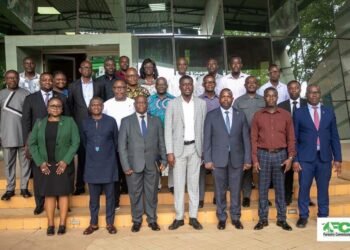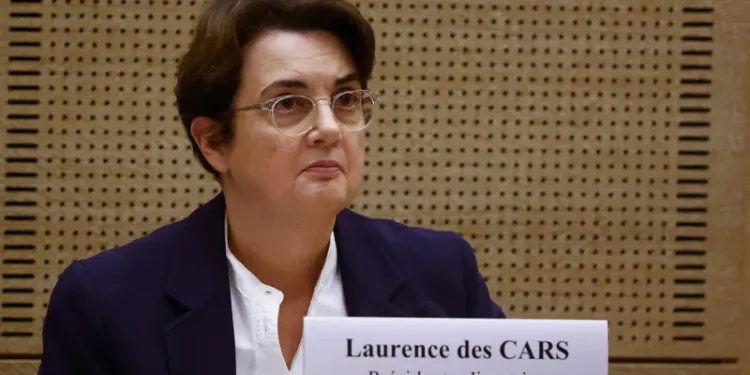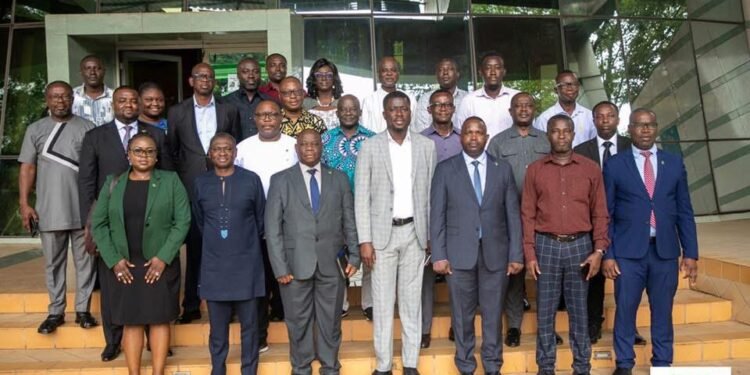Africa’s richest man, Aliko Dangote, has unveiled audacious plans to expand the $20 billion Dangote Refinery’s capacity from its current 650,000 barrels per day (bpd) to a record-breaking 1.4 million barrels per day, which would make it the largest refinery in the world.
Speaking in an interview, Dangote described the expansion as a defining step toward achieving Africa’s long-aspired energy independence.
“We have to build the refinery again, either here or somewhere else.
“But really, somewhere else is not possible because we’d have to spend so much building infrastructure, and we already have that infrastructure here.”
Aliko Dangote

The move represents one of the most ambitious industrial expansions in recent history, doubling the capacity of a facility that has already reshaped Nigeria’s energy landscape since it began operations.
The proposed expansion dwarfs Dangote’s earlier announcement in July, when he disclosed plans to raise capacity to 700,000 barrels per day by December 2025.
With the new target of 1.4 million barrels daily, the Lekki-based complex would surpass India’s Jamnagar Refinery, which currently holds the global record at 1.36 million bpd.
Dangote explained that the decision to pursue the expansion is both strategic and visionary designed not only to meet Africa’s growing energy needs but also to reduce the continent’s dependence on imported petroleum products.
Nigeria’s Refining Revolution
The Dangote Refinery, located within the Lekki Free Zone in Lagos, has already transformed Nigeria from a major importer of refined petroleum products into a net exporter of diesel and jet fuel.
The refinery is also ramping up gasoline output, gradually displacing imports that previously came from Europe and saving the country billions in foreign exchange.
Engineers at the Lekki complex have confirmed that the facility was designed with scalability in mind, leaving ample space for future expansion.
Large concrete plots adjacent to the current refinery are reportedly being reserved for the construction of a second processing train, mirroring the configuration of the existing system.
Strategic Partnerships and Funding Drive
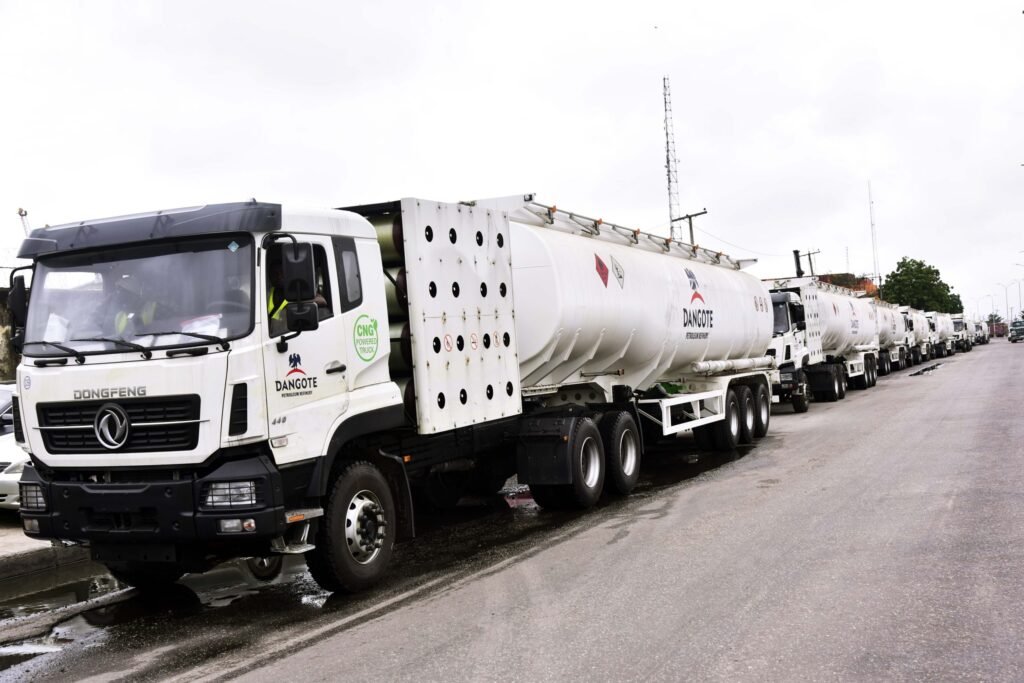
To finance the expansion, Dangote Group is reportedly in talks with Middle Eastern investors to secure long-term funding and strategic partnerships.
The Nigerian billionaire confirmed that for the first time, his refinery business will no longer be wholly Dangote-owned.
“Our business concept is going to change.
“Instead of being 100 percent Dangote-owned, we’ll have other partners.”
Aliko Dangote
This shift, he explained, will align the company with global capital markets and attract foreign expertise and technology.
As part of this strategy, Dangote announced plans to list between 5% and 10% of the refinery’s shares on the Nigerian Stock Exchange within the next year, reducing his personal ownership to about 65–70%.
The group is also exploring a new petrochemicals project in China, as well as additional ventures within Nigeria.
Among these are proposed linear alkylbenzene and base oil projects and plans to boost polypropylene production from the current one million metric tonnes annually to 1.5 million metric tonnes.
Operational Stability and Market Impact
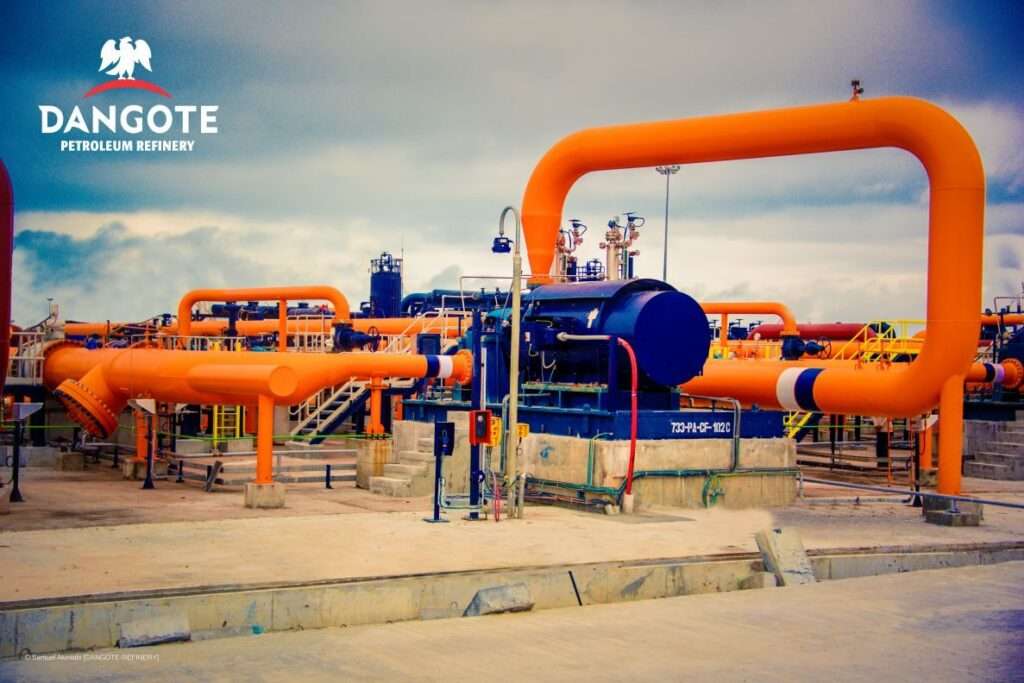
Despite some operational challenges, Dangote’s refinery continues to make significant strides. The plant’s residue fluid catalytic cracker (RFCC) the core of its petrol production system briefly went offline in September following a scheduled three-week turnaround in August.
Devakumar Edwin, Vice President for Refinery Operations, confirmed that the RFCC restarted on October 7 and is now ramping up toward full operational capacity.
Nigeria’s emerging role as an exporter is expected to influence regional energy prices and logistics, positioning West Africa as a refining hub.
Dangote’s vision, rooted in decades of industrial investment, now places Nigeria at the heart of the global refining map.
The refinery’s capacity expansion, coupled with upcoming petrochemical projects, underscores a continental shift toward value addition rather than raw exportation.




